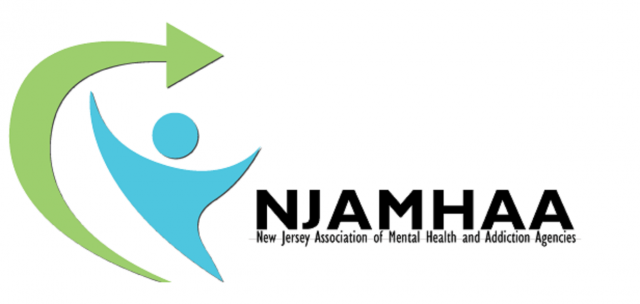February 2, 2023
On Monday, the Biden Administration gave notice to Congress that it intends to let the emergency declarations related to the COVID-19 pandemic expire on May 11, 2023.
Currently, there are two emergencies in place, the COVID-19 National Emergency, and the Public Health Emergency (PHE), both declared under President Trump in 2020 and continually renewed since then. The COVID-19 National Emergency is set to expire on March 1, 2023, and the PHE is set to expire on April 11, 2023. As stated in a "Statement of Administration Policy" by the Office of Management and Budget (OMB), at present, the Administration's plan is to extend the emergency declarations to May 11, and then end both emergencies on that date. This wind-down would align with the Administration's previous commitments to give at least 60 days' notice prior to termination of the PHE."
Relating to what the end of the emergencies means for New Jersey, NJAMHAA spoke to Dr. Margaret Fisher, Acting Deputy Commissioner for Public Health Services, New Jersey Department of Health (DOH). When asked if New Jersey's mask and vaccine requirements will end in May along with the national emergencies, Dr. Fisher stated that DOH has been working with the New Jersey Governor's Office to review the many policies in place subsequent to the various memos and other documents issued during the pandemic. These decisions are yet to be made.
Most, if not all, remaining waivers, Executive Directives, et al in New Jersey state they will end when New Jersey's State of Emergency (SOE) is declared over. Any current temporary policy that is not placed into legislation, regulation, Newsletter or other official document when the state's SOE is declared over, would expire at that time. NJAMHAA will continue to share information as policies are reviewed, resulting in expiration or permanency - as is or with revision.
With the end of the emergencies will come the discontinuation of enhanced benefits, such as free COVID-19 tests, treatments, and vaccines, as well as the end of hospitals receiving 20% increases in Medicare payment rates for treating COVID-19 patients, and Medicare Advantage plans' requirement to bill enrollees affected by the emergency and receiving out-of-network care the same as if they were at in-network facilities.
Jen Kates, Senior Vice President, Kaiser Family Foundation, was quoted on cnn.com saying, "People will have to start paying some money for things they didn't have to pay for during the emergency . . . That's the main thing people will start to notice."
Click here to read more on this story.



